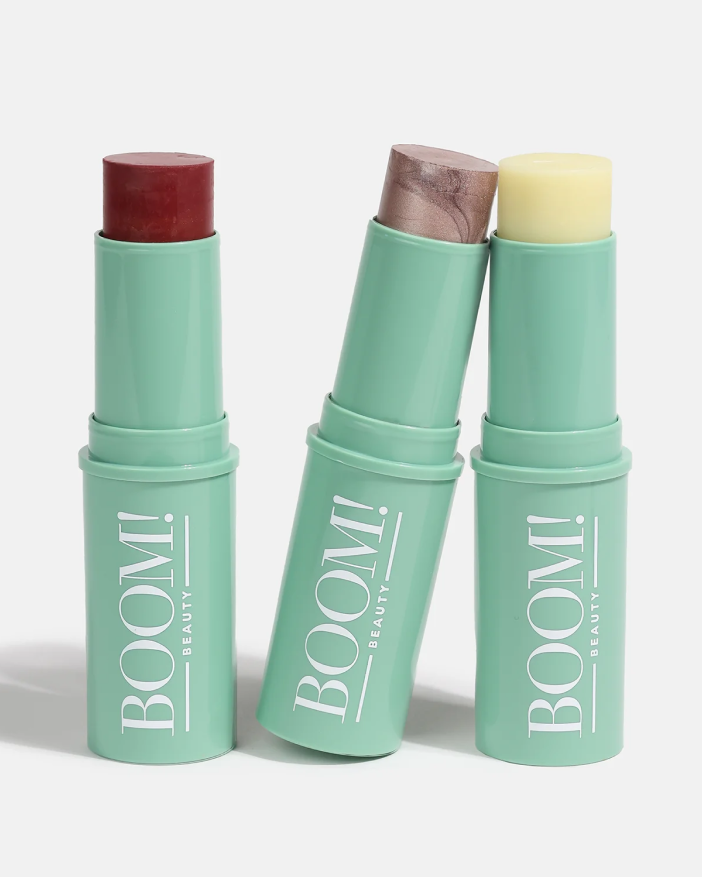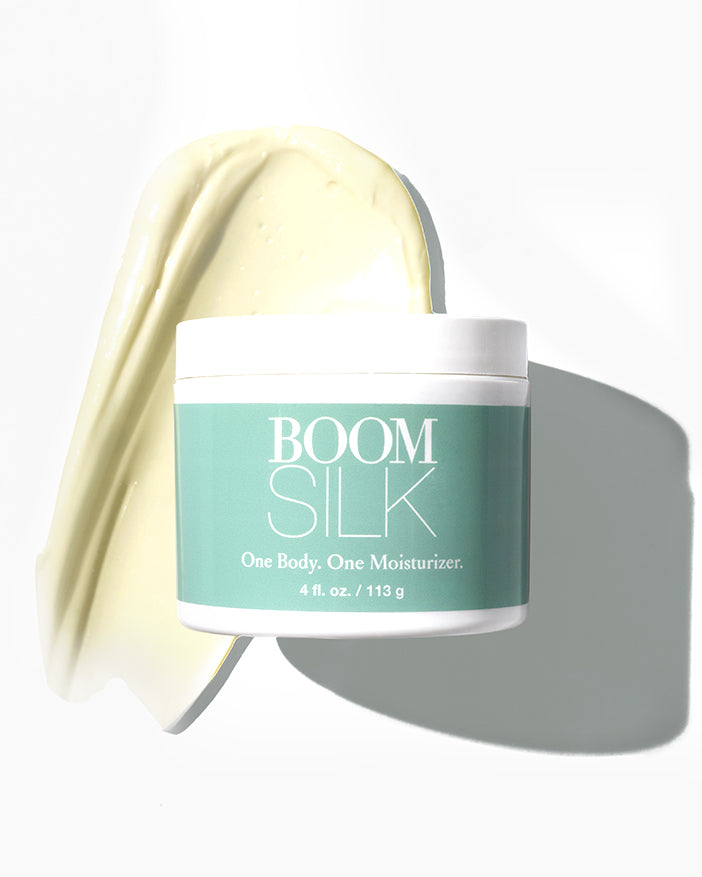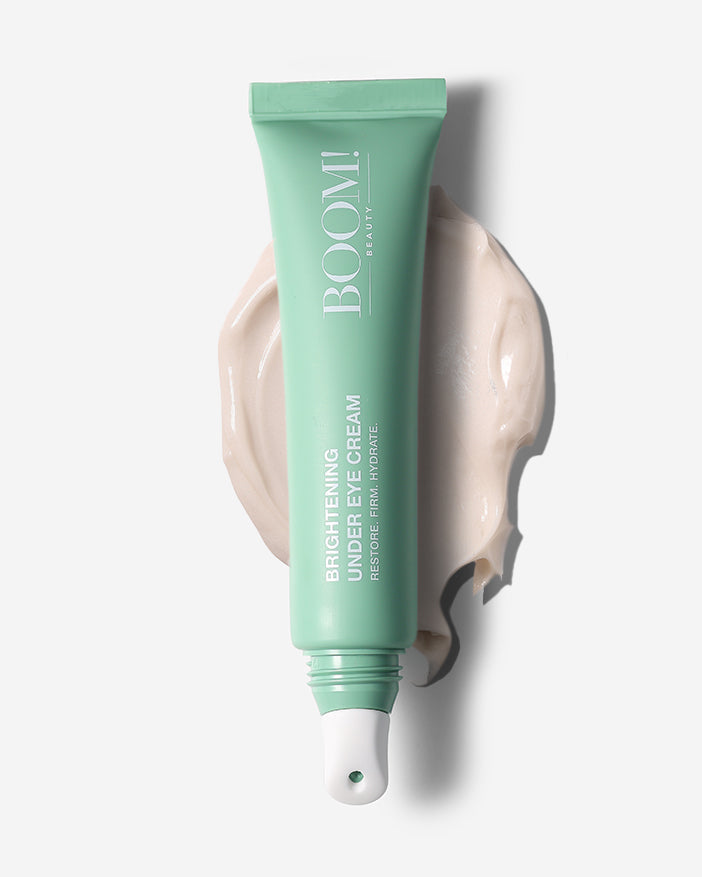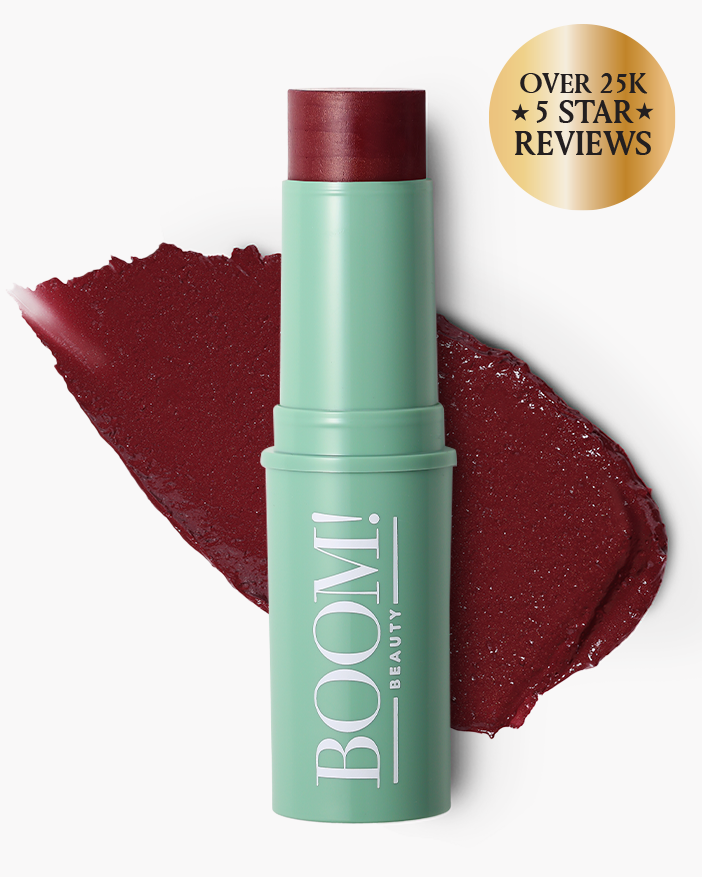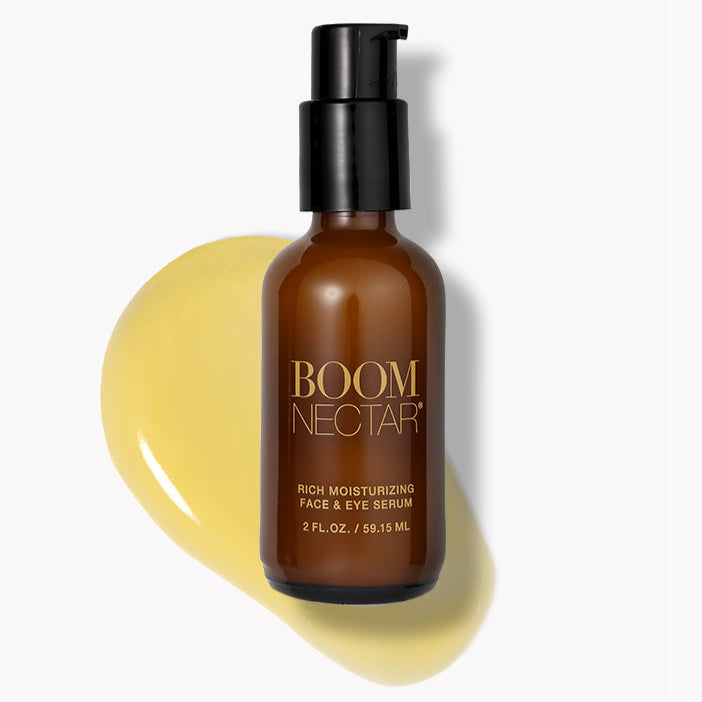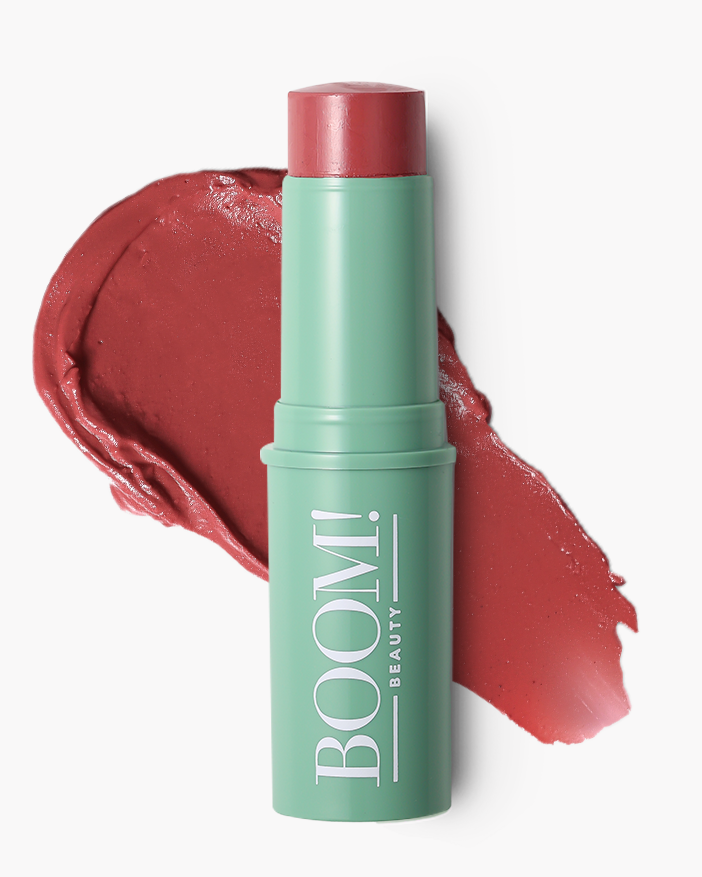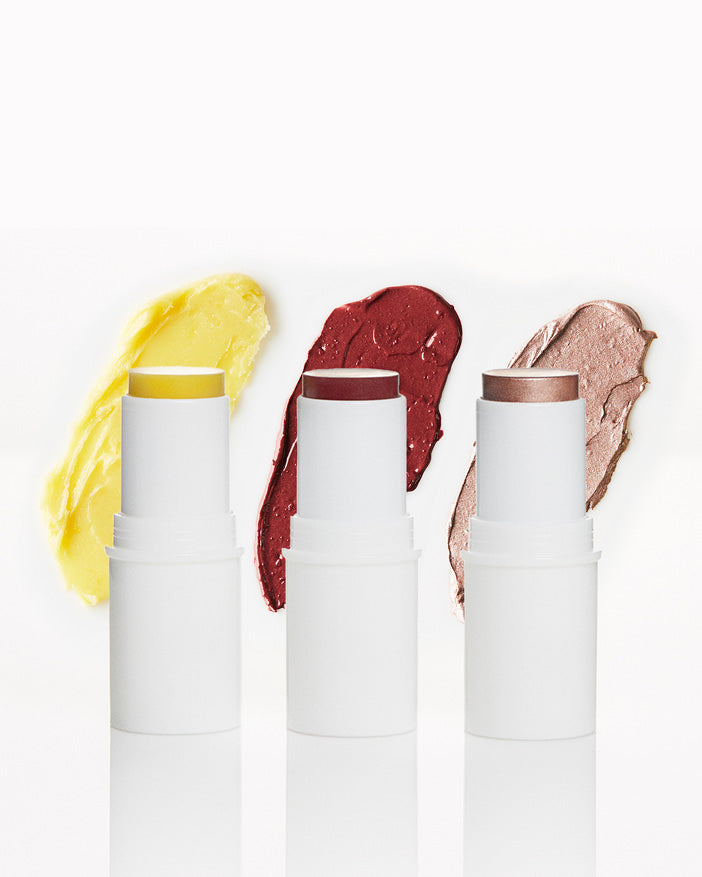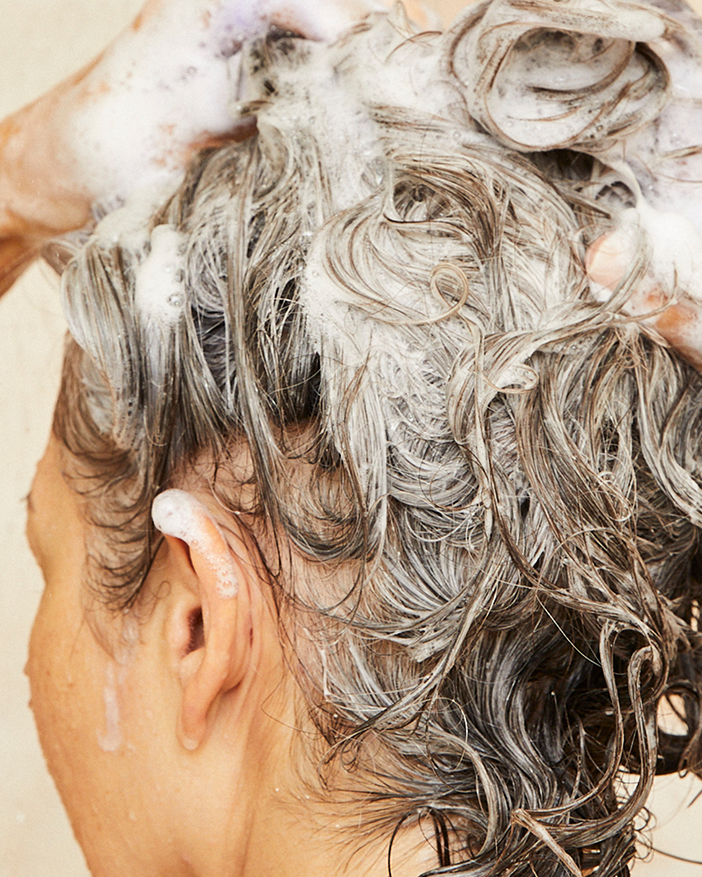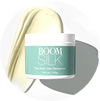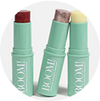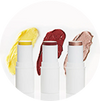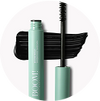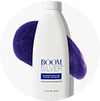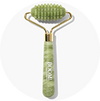Tips On Overcoming Perfectionism
By: Jessica B.
So many women I know expect perfection from themselves as they go through their lives.
That expectation is incredibly pervasive—most of us, consciously or not, hold ourselves to standards of perfection and assume that the world around us does too.
It’s reinforced for us in advertising and media, every day.
(Think about how many times you see the word “perfect” in commercials, especially ones aimed at women; how tabloids pounce on celebrity “imperfections;” and how internet culture rakes public figures over the coals for the smallest of human mistakes).
But human beings are fallible, changeable, and gorgeously diverse.
Our beauty lies in our differences, our variability and our ability to learn from mistakes and grow.
If we were “perfect,” we’d be robots! Being a robot is pretty cold and boring.
I find it a whole lot more fulfilling to be a part of nature---and in nature, “imperfections” are what create evolution, and make organisms stronger, more vital, and more sustainable.
But because we’ve absorbed these messages that we’re supposed to be perfect—on every level, from the way we look, to our performance at work, to how we fulfill the roles of mom, daughter, partner or wife—we spend a whole lot of energy being hard on ourselves when we fail to live up to this impossible standard.
Think about how great it could be to free up all that energy, and get to spend it on creativity, appreciating yourself and those around you, and enjoying life.
The good news is that there are ways to loosen perfectionism’s grip, and get comfortable with the ideathat “imperfections” are part of what makes life—and you!--most beautiful. Here are a few ways I’ve discovered to try that out:
Be prepared for a little discomfort at first.
Those first steps of easing up on yourself can feel a little scary. If you’re used to wearing a full face of makeup every day, taking it off to reveal the unique beauty underneath—including so-called “flaws” like lines and wrinkles--can feel intimidating.
If you’re accustomed to spending every day at work making sure your supervisors know you’re meeting every deadline and executing impeccably, it can be downright terrifying to be honest about where you’ve got room for improvement, ask for the support you need, or let folks know you need a little wiggle room on a deadline.
If you’re used to expecting perfection from yourself as a mom, a friend, a partner or a wife, allowing yourself to make mistakes, apologize, and learn from them can feel super vulnerable.
But being okay with our mistakes and imperfections is what allows us to grow. And that initial discomfort in facing imperfection is a small price to pay for a life spent evolving, learning and expanding. (Plus, that initial discomfort passes—pretty quickly!)
Practice giving yourself permission.
In our perfectionistic culture, it’s unrealistic to expect yourself to just suddenly be 100% comfortable with all the things we’ve been told all our lives are “flaws.”
In fact, expecting that is just a different kind of perfectionism! Getting comfortable with imperfection is a practice.
It happens every time you look at your face in the mirror and get friendly to that new smile line you see; or every time you tell yourself “it’s okay” when you make a mistake at work or in a relationship.
If you try practicing being gentle and flexible with yourself in little, daily ways—giving yourself permission to be “imperfect”—you might find that it naturally, gradually grows into a greater sense of ease.
Develop your own standard.
When you get down to it, the perfectionistic standard handed to us by our culture—especially as women—is pretty ridiculous.
It’s designed by the advertising agencies and companies to play on our fears that something is wrong with us, and get us to buy products that (we hope!) will help us fix it.
If you take a step back—enough to see that this standard is made-up and arbitrary—eventually a whole lot more space and freedom opens up.
And in that space, you can develop your own standard for yourself—which I think is a whole lot more fun than trying to live up to someone else’s.
What qualities do you actually admire? Which practices would you like to try? What’s ideal for you?
(Hint: it probably has something to do with what makes you feel really good and connects you to your joy, which inspires people around you and guides you to expansion, beauty and growth).
CHECK OUT OUR MOST POPULAR CONTENT


